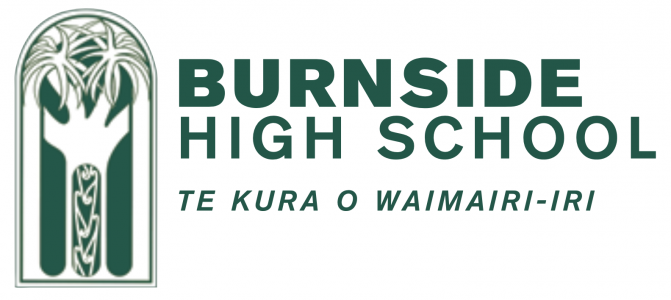
NCEA Level 3 Food and Nutrition
13FDN Course DescriptionTeacher in Charge: Mrs D. Jarrett.
Recommended Prior LearningLevel 1 and or 2 Food and Nutrition and/or Health is an advantage.

Why study Food and Nutrition?
Nutrition is fundamental to developing a sense of well-being. The ability to effectively look after ourselves and our whānau and community is a necessary life skill. Information about nutrition and healthy eating can be conflicting and confusing in our society today. This course is based on the major focus of Food and Nutrition (Home Economics) and aims to empower students with the knowledge, understanding and skills they need to critically analyse the food and nutrition messages that abound, and make good decisions for themselves and others regarding food choice.
Assessments are based on the Health Curriculum objectives.
Comment from Emma - a recent past student and Head Girl:
"Every year I decide I don’t have enough space in my course selection to take Food and Nutrition, yet every year I manage to make the room because I enjoy taking it. I am able to take what I learn and apply it frequently to help enhance my life. Food is such a significant part of any culture and Food and Nutrition is a fascinating way to learn about why people make the choices they do around food. Often we can make judgments without knowing the circumstances and taking this subject is an eye opening experience that makes you think deeper than what’s at the surface. Being able to learn about the nutritional needs of an individual and at a societal level is a privilege. Thank you"
Areas of study will include:
- Analysing the impact current nutritional issues have on New Zealand society e.g. the over consumption of high energy-dense food, inadequate breakfast or fruit and vegetable consumption
- Analysing the influences of food advertising on well-being and the influence of multinational food corporations on New Zealand's eating patterns
- Evaluating some of the conflicting nutritional information that surrounds us and impacts on our wellbeing - analysing it and drawing conclusions relating to the credibility
- Planning, safe preparation and service of nutritious meals

Learning Areas:
Health and Physical Education, Technology
Assessment Information
All Internal Assessment tasks are written reports. Please note this course consists of two Internal Assessments and two External Assessments (Examinations).
Dietitian, Health Promoter, Chef, Registered Nurse, Cook, Cafe Worker, Cafe/Restaurant Manager, Food and Beverage Factory Worker, Food Technologist
Contributions and Equipment/Stationery$45.00 for pantry ingredients and provisions which the school supplies.
Each student is also required to contribute the perishable ingredients for practical lessons.
Stationary is an additional cost (although minimal).